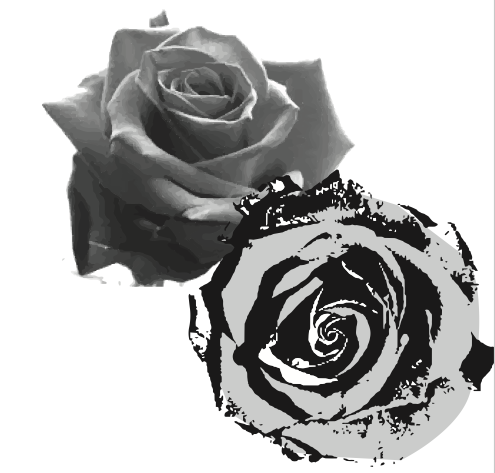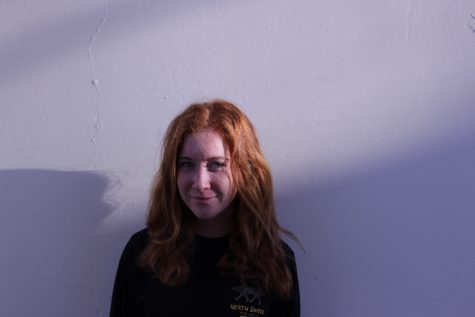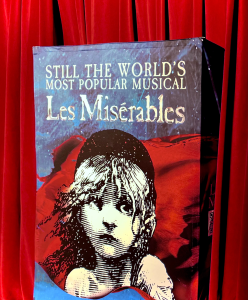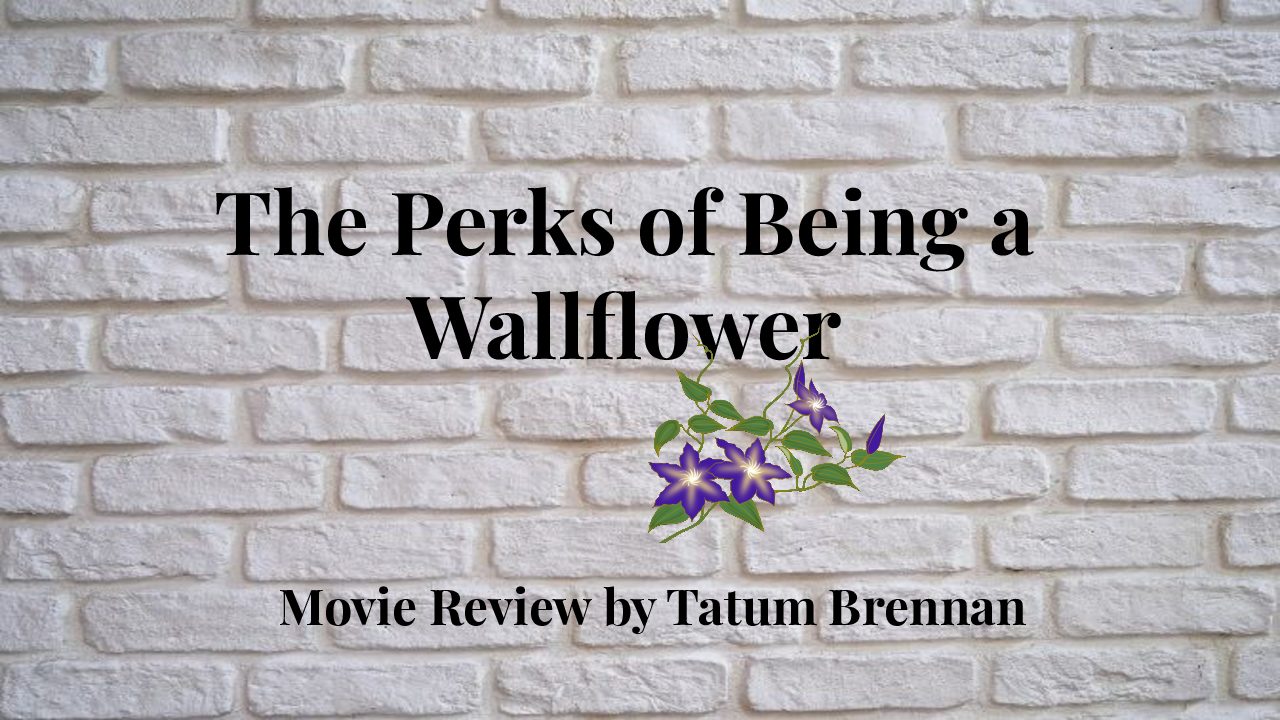What does beauty mean to you?

In honor of national Mental Health Awareness Month, Brush and Palette writers wish to open up about their personal experiences to promote discussion of various mental health topics that affect our student body.
May 9, 2017
There are multitudes and millions of connotations for the words we use every day. Often, however, we tend to adopt one connotation as the only definition. Beauty, for example. Can we staple a singular definition to word with such varying interpretations? Unfortunately, society leads us to believe that beauty wears one face—it resides in one body. We are lead to believe that we can control our “beauty,” manipulating it to fit its “definition.”
It’s not easy to break from definitions. It’s not easy to accept and find beauty in ourselves. Chances are we all have a flaw we wish to hide. I did. I do.
If anyone knows me, they know I’m an honest person. I tend to say what’s on my mind—most times, saying too much. But today, I’m going full disclosure.
In middle-school we learned about the various mental illnesses. For some, it was merely putting a name to a face they had seen. For others, it was merely a lesson. For me, however, it was a spark of interest. The interest I developed centered around eating disorders, specifically anorexia.
Anorexia nervosa is a disease—a disease that society not only nurtures, but also shames. The goal: perfection; the reality: destruction. There’s no winner here. How do I know? I fell down that rabbit hole once, like Alice fell into Wonderland. And, though Wonderland looked wonderful, the people there were dissatisfied with their lives—and I, mine.
Mental health. We learn about it in school, yet society—and we are society—portrays mental health issues as nasty and uncomfortable. We shun them. When we find ourselves victims of mental health issues, we feel as though we cannot speak about them.
We place a label on the topic, put it in a jar and hide it in the corner. This is how the problem starts—otherizing and outcasting without realizing it. We label mental illness as pathetic. We label it as sad. But we don’t bother to try to understand it. We all have our own adversity—after all, we are human—but are we so vain that we cannot look past the small bubble of our own problems and attempt to understand others?
It’s not easy, learning to love ourselves. It’s not easy, resisting comparison to those surrounding us. It wasn’t easy for me.
Though I have suffered from mental illness—from a lack of self-love—I am not ashamed of it. Of course, I don’t hold my head high and proudly discuss my experience; however, in a strange way, I am glad I went through what I did.
You may wonder now if I am crazy.
And, perhaps I am.
But, my mental illness taught me lessons I never could have learned otherwise. I learned that destroying my body to fit a “stereotype” harmed not only my perception of normalcy, but also my health. It took me a year and a half to learn beauty is not a competition—there is no victor. Now, I don’t want anyone to think that in any way I am advocating mental illness as a learning curve. I am not. I don’t want anyone to think that because I learned something from my experience that I enjoyed it. I did not.
I’ve had time and distance to reflect upon my experiences—time and distance that have provided me with insight.
It wasn’t as simple as telling someone with anorexia to “eat.” It wasn’t as simple as destroying the thoughts inside my head. In fact, I am not exactly sure how or why I decided to quit. Perhaps I was tired. Tired of destroying my health for something so vain as a physical appearance. In the end, the opportunity wasn’t worth the cost. I had to redefine my perception—my definition—of beauty. I realized that breaking myself over a self-defined word wasn’t worth my time. I had to believe that anorexia’s portrayal of beauty was not the only definition out there.
“Beauty to me is something that’s perceptible, something that is, I wouldn’t necessarily say physically attractive, but brilliant and different,” said junior Michael Davidson. “Physical beauty I put aside, but I see the beauty in a person based off of—I wouldn’t say intelligence—but rather who they are and how they carry themselves. Societal standards tend to place a norm on physical appearance, but I don’t think we emphasize the beauty that’s behind the mind.”
“I think on a fundamental level beauty is people who live, and live honest. People who are learning creatures who react genuinely to the world—who don’t take the world’s beauty for granted, are beautiful in themselves. I think you can see it in their eyes or the way they speak, said senior Ryane Zipstein. “There are so many beautiful things in the world—like the beauty of a flower opening or a comet or a river, if someone evokes that kind of beauty with themselves. I guess that’s why on a superficial level I like curly hair and freckles and “rosy-cheeked girls.” They’re grapevines and starry nights and the color of dawn; but at the same time, they’re also people who use language and have complex feelings and thoughts and want to know things.”
You can take what I say with a grain of salt, or you can adopt it wholeheartedly; however, I guarantee, until we accept ourselves, we will never reach peace.
When you read this, I hope you overcome the stereotype that mental illness is “sad.” When you read this I hope you think about your definition of beauty. When you read this, do not pity me. Do not look at me differently; do not treat me differently. People suffer from mental illness every day—they’re still people. They’re still human.






